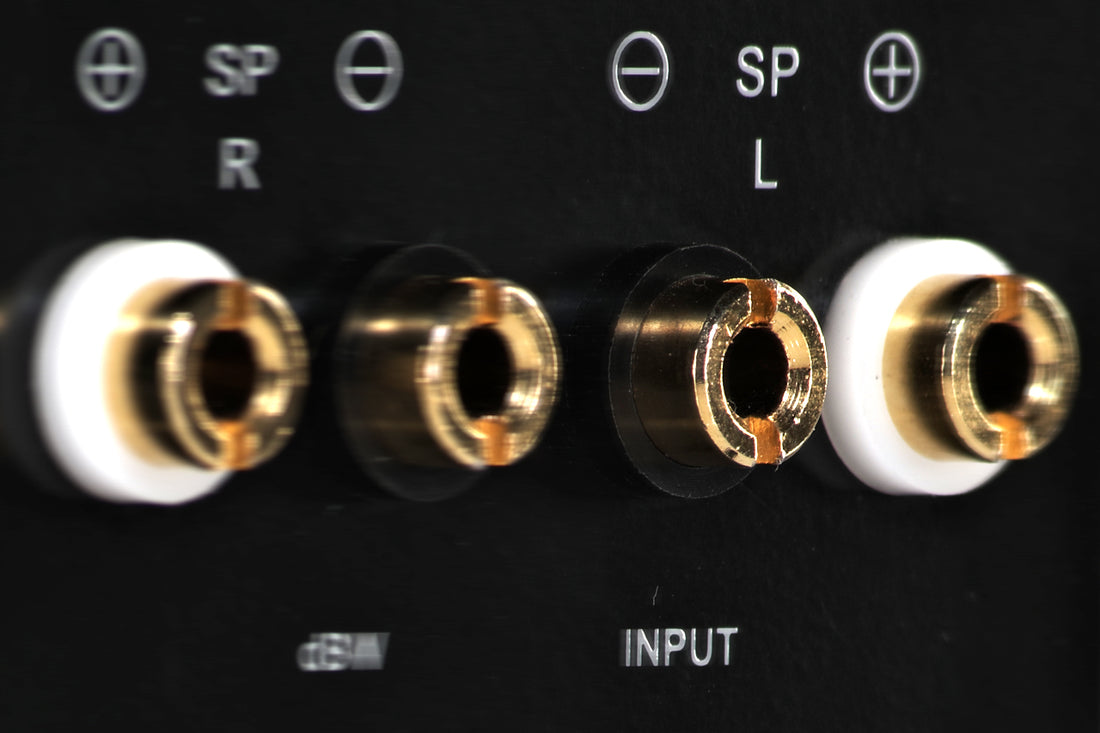
How to connect the speakers to amplifiers?
Share
How to Connect Speakers to Amplifiers: A Complete Guide
To connect speakers to amplifiers, you will need quality speaker cables and a choice of speaker wire terminals. The three most common types of connectors are banana plugs, spades, and bare wires. Each type has unique benefits depending on your setup needs and sound preferences.
-
Banana Plugs: These plugs are popular for their convenience. They’re easy to attach and remove from amplifiers, making them ideal for frequent adjustments or portable setups. Additionally, banana plugs minimize the risk of loose connections, improving sound consistency.
-
Spades: Known for secure fastening, spades are an excellent choice if you want a stable connection with added protection. Their forked design ensures a solid fit, which can help reduce any potential interference from vibrations, especially in high-end audio setups.
-
Bare Wires: If you're aiming for the purest signal from your cable, bare wires may be the way to go. Without additional connectors, the signal doesn’t depend on the manufacturing quality of terminals, ensuring a direct audio connection. However, bare wires can oxidize over time and may be more prone to damage, so they require occasional maintenance.
Step-by-Step Guide to Connecting Speakers to Amplifiers
Once you have your speaker cables and connectors ready, follow these steps:
-
Power Off the Amplifier: Always ensure the amplifier is turned off before making any connections. This prevents any accidental shorts or damage to your audio equipment.
-
Check Polarity: Correct polarity is crucial for sound quality. Connect the positive (+) terminal on the amplifier to the positive terminal on the speaker, and the negative (-) terminal on the amplifier to the negative terminal on the speaker. This alignment maintains phase coherence, which ensures accurate sound reproduction.
-
Double-Check Connections: Make sure each connection is secure. Loose connections can lead to intermittent sound issues or reduced sound quality, and can even increase the risk of short circuits. When terminals touch each other or other conductive surfaces, creating a short circuit, they could potentially damage your amplifier or speakers. Taking the time to double-check all connections can prevent these issues.
-
Turn On and Test the System: Once everything is connected securely, turn on the amplifier and play a test track. Adjust volume gradually, ensuring the sound is clear and that there is no distortion or imbalance.
Why Proper Speaker Connection Matters
Incorrect speaker connections can result in sound quality issues such as reduced bass, loss of clarity, or volume inconsistencies. One common cause of phase errors is reversing the red and black terminals, which can lead to blurred sound imaging. This reversal disrupts the intended polarity, making instruments and vocals lose their clear positioning within the soundstage. Ensuring proper connections and using the right terminal type not only preserves sound quality but can also prolong the lifespan of your audio equipment.
Pro Tip: If you're setting up a home theater or a multi-room audio system, consider using speaker cable labels to keep track of each connection and avoid cross-wiring, especially when dealing with multiple speakers. Proper labeling and organization help prevent phase errors and deliver a clean, balanced sound across your setup.
For more options on high-quality audio equipment, check out our collections:
